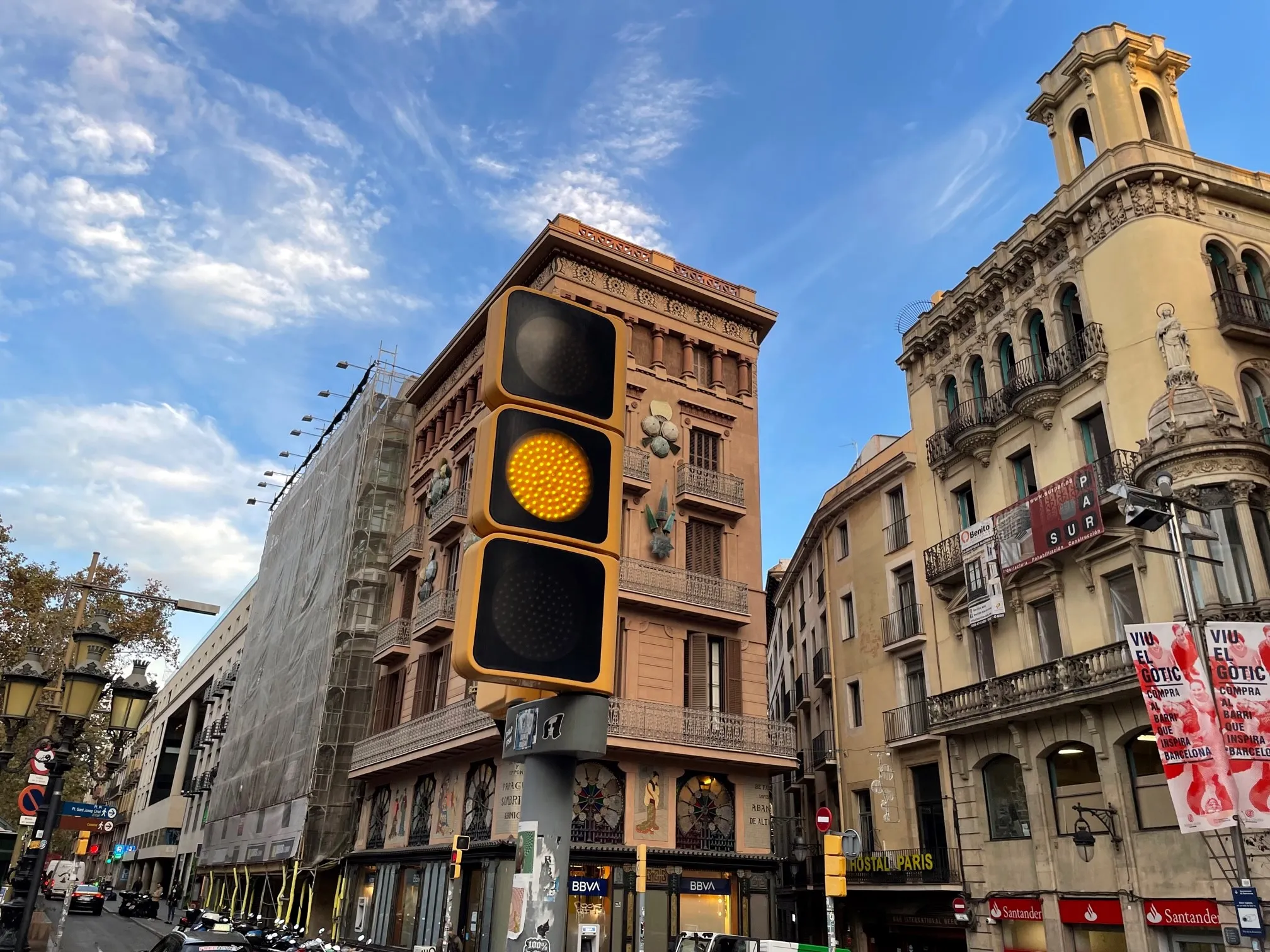Using the IDEA contest website, powered by Mindjet’s SpigitEngage platform, members of the general public, including university students, will be asked to submit ideas for one of five scenarios that address a specific challenge faced by the traffic industry.
“According to recent statistics compiled by Nationwide Insurance, the average urban commuter is stuck in traffic an estimated 34 hours every year and we waste 1.9 billion gallons of fuel. The only way we’ll see a significant reduction in congestion and fuel consumption is to develop technologies that make our traffic systems more efficient,” said Ben Collar, head of US Research & Development for Siemens Road and City Mobility.
“Innovation is Siemens lifeblood, but we also understand that sometimes the best ideas don’t always happen inside our own walls. Technology is best cultivated when we can gather ideas from the bright minds of today and encourage the brilliant engineers of tomorrow to help improve our traffic systems with intelligent software.”
The contest will be open from 3 September to 16 November, with finalists announced on 12 December. Ideas can be submitted through the IDEA Contest website, where users can contribute new ideas, improve on current submissions by incorporating live feedback, comment and vote on other submissions, and use social media to share ideas. Once the contest has closed, submissions will be evaluated by a jury of traffic industry experts and winners will be notified directly. All submissions are eligible for top prizes.
Siemens launches Mobility IDEA contest
Siemens Road and City Mobility announced the launch of its Mobility IDEA (Improving Design and Engineering for All) contest, an initiative to find innovative ideas to help solve five of the toughest challenges facing the traffic industry. Contest winners will be invited to participate in a product prototyping workshop with Siemens technology experts. Siemens will also reward the top three universities by number of submissions with a traffic control software grant worth US$150,000 to help train future traffi
September 4, 2014
Read time: 2 mins









